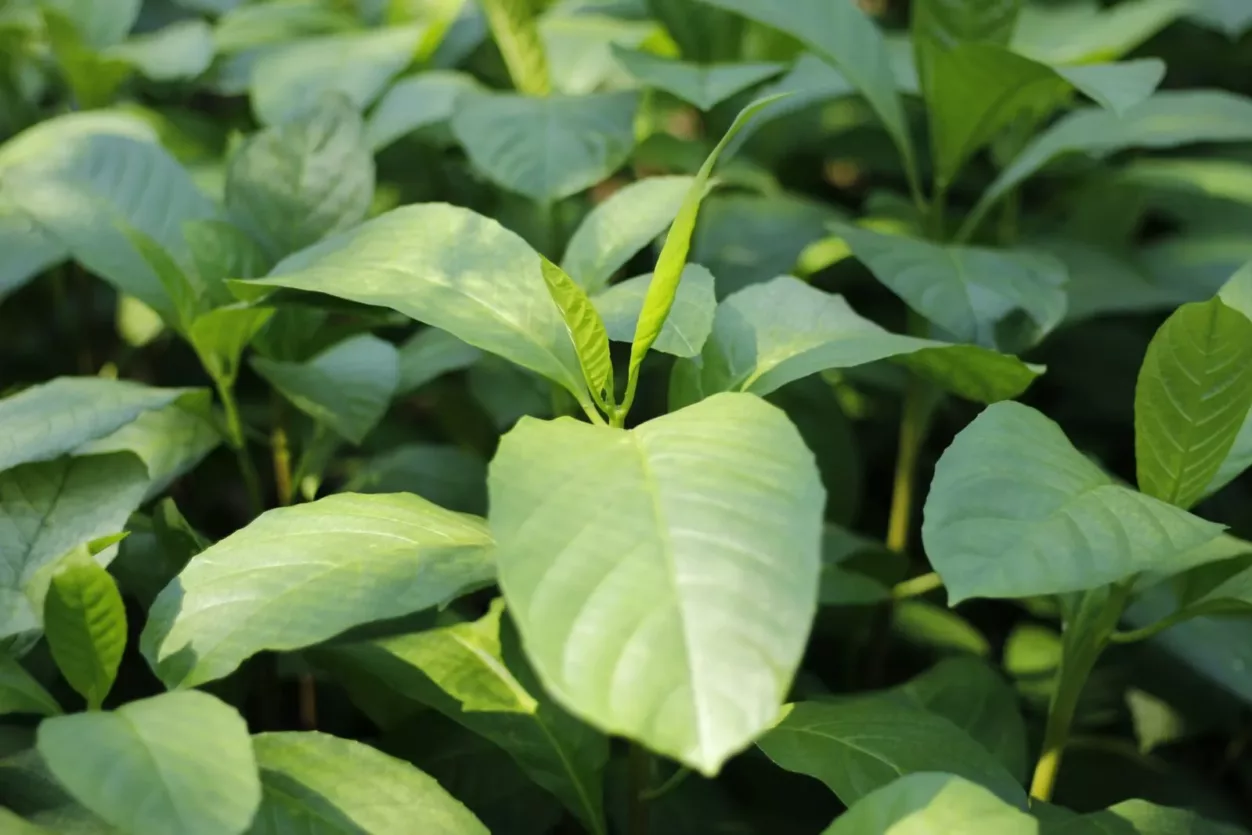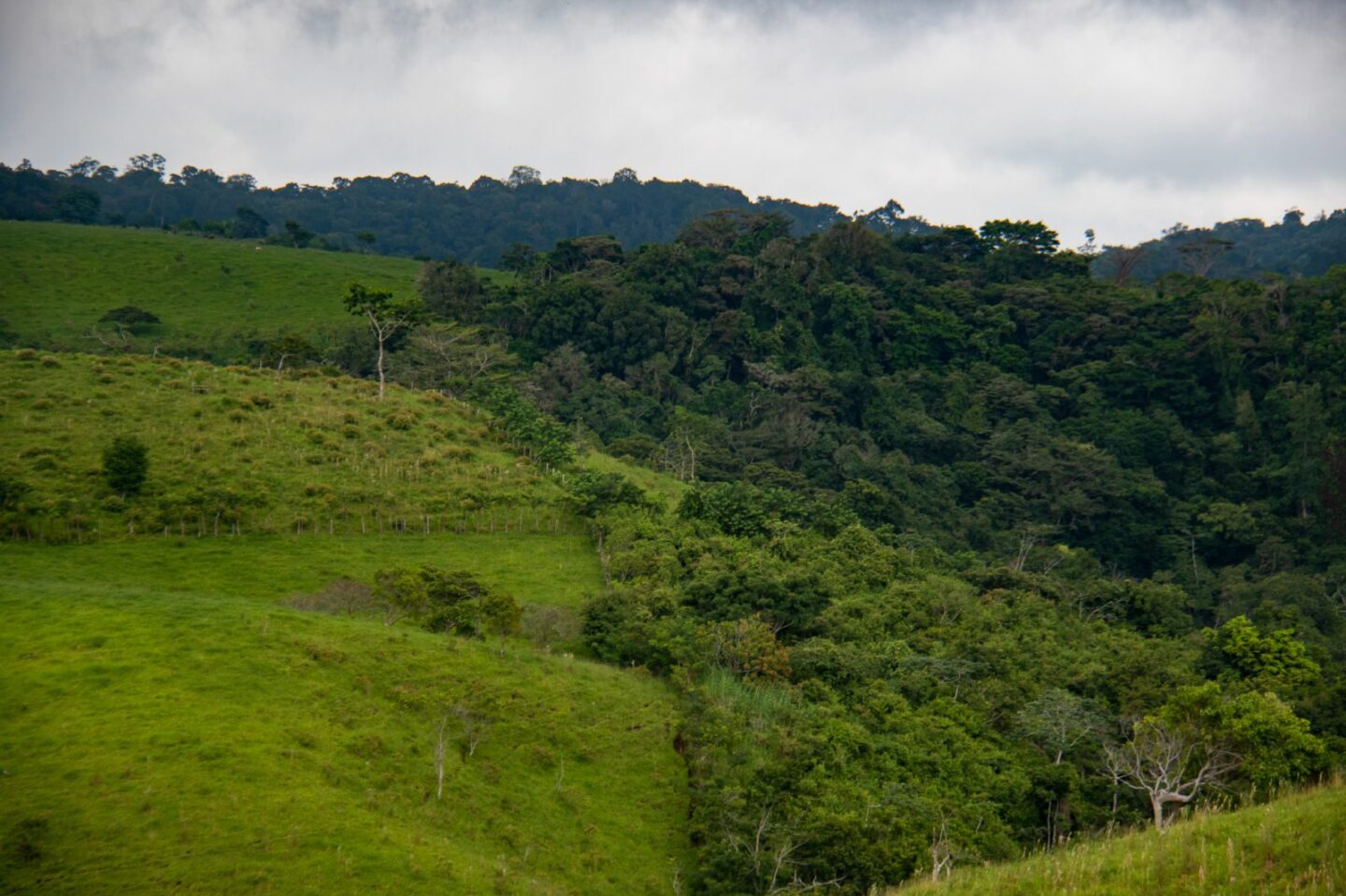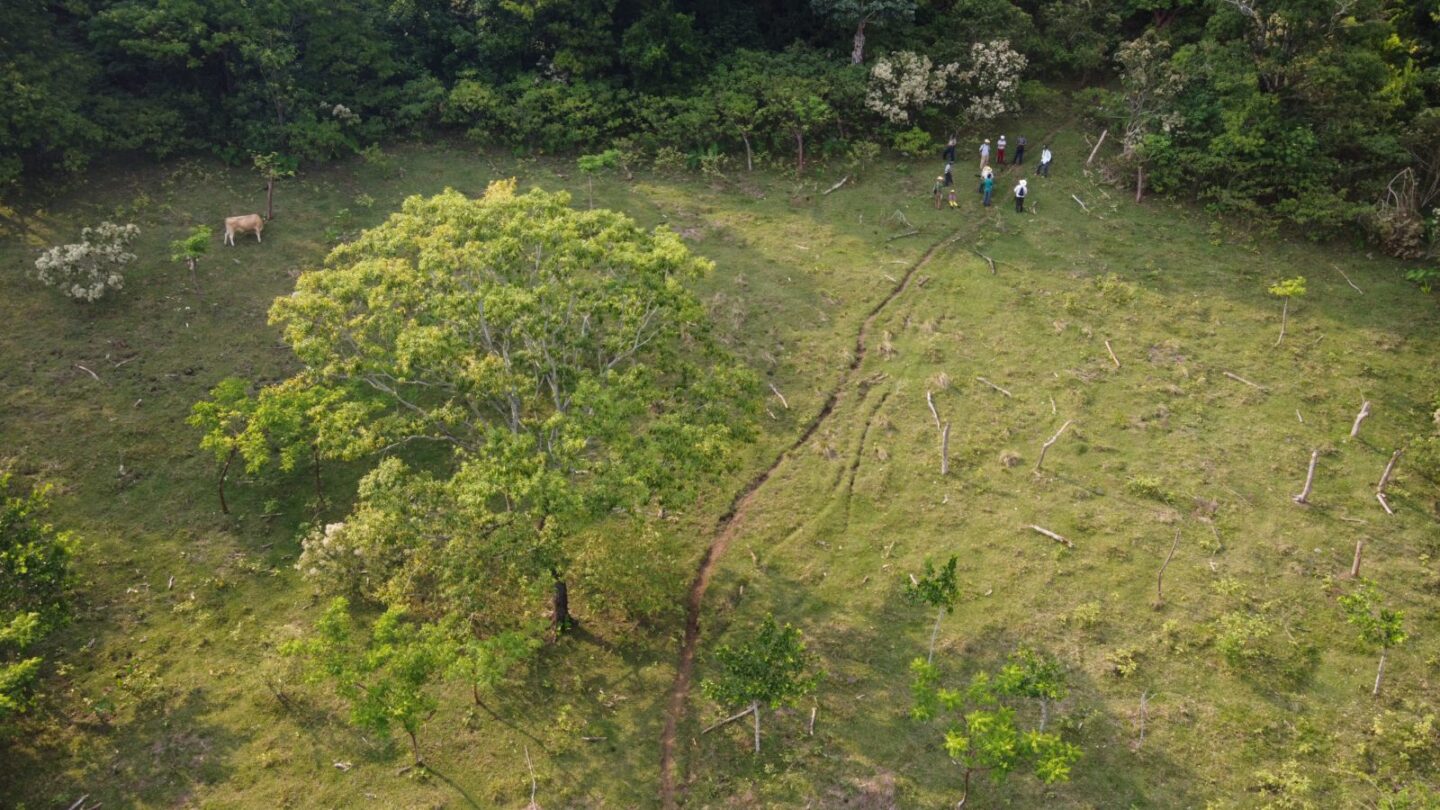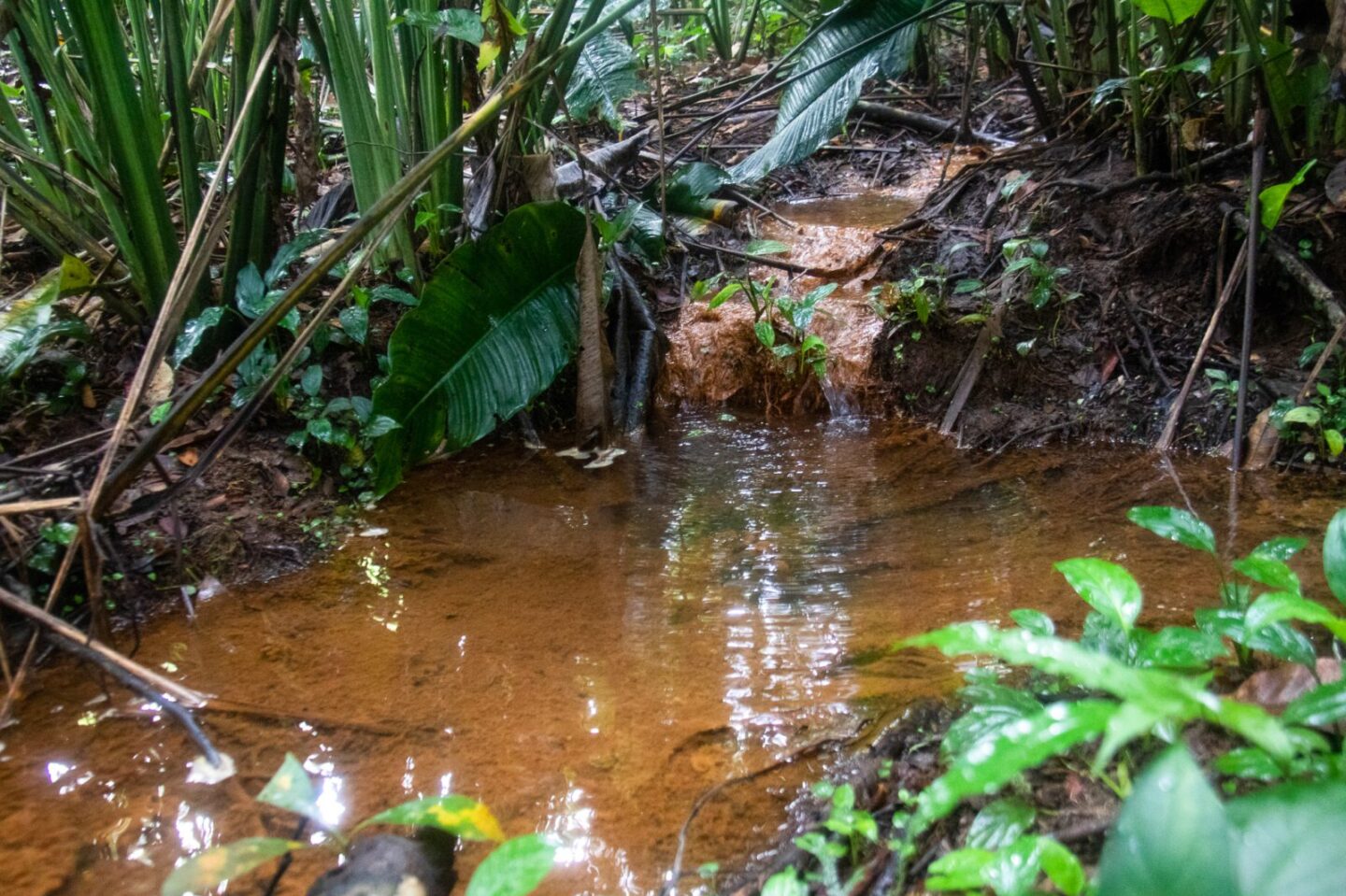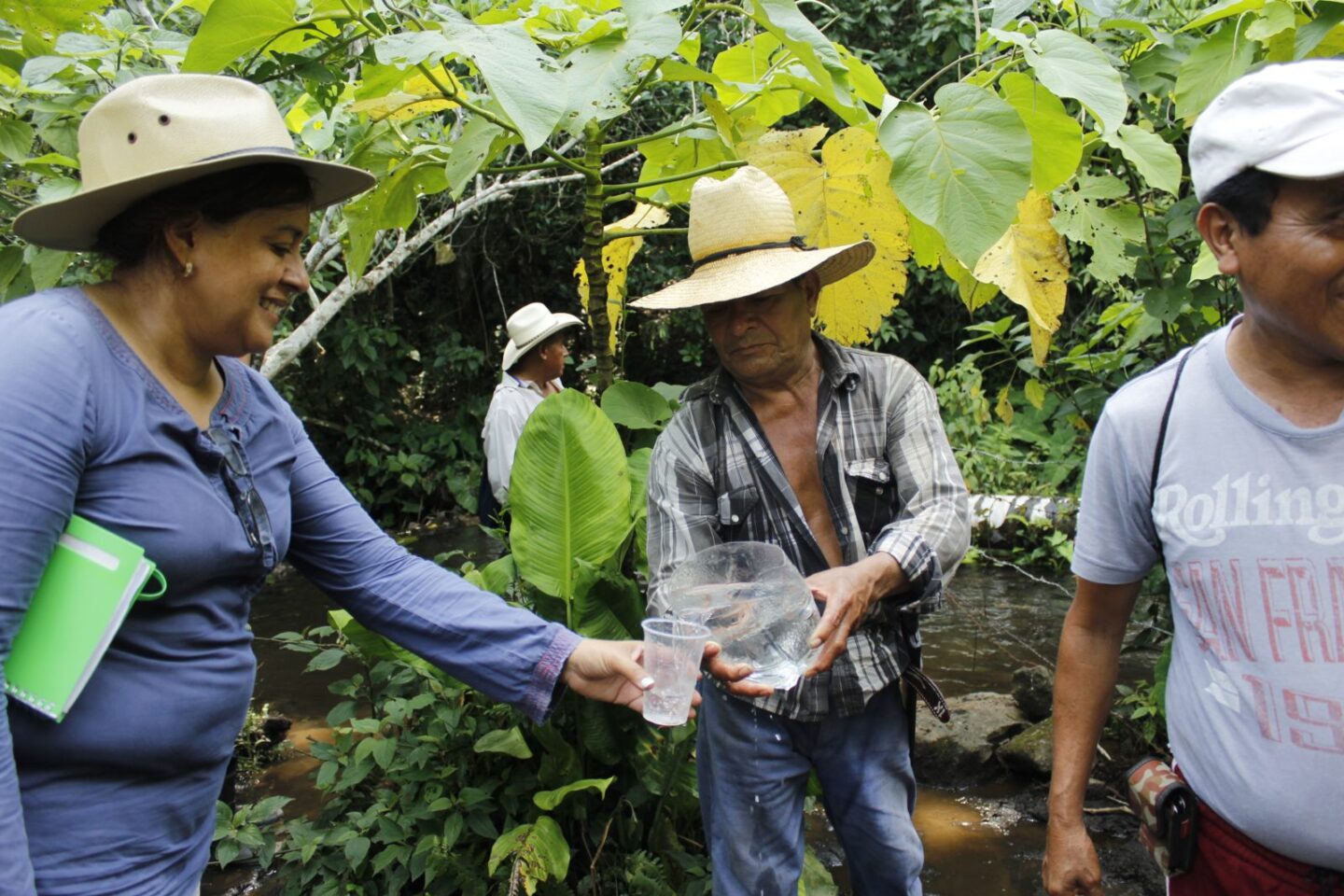What are we going to do in Mexico?
Through this project we repair landscape damage. This is done together with cattle breeders who are willing to replant parts of their grounds. Together with local inhabitants, we also plant trees around wells: ethnic groups Nahuas and Popolucas.
In 2023 en 2024 we are going to plant 100,300 trees. A certain number of trees we plant in more than 400 hectares of land in ten ‘ranchos’. Those are parcels belonging to local farmers on which their cattle feed. This is advantageous to cattle farmers: the trees provide shade and leaves and twigs serve as fodder. Soil and availability of water are also strongly improved.
Additionally, we plant trees around wells, together with families in the local communities. 12,870 families depend on these wells for drinking water and to supply their crops with water. By planting trees more water is retained in the soil and in the long run the water level in the wells will rise. A number of the trees we plant will render food, such as fruit and nuts, short term advantage to the people. Win-win!
